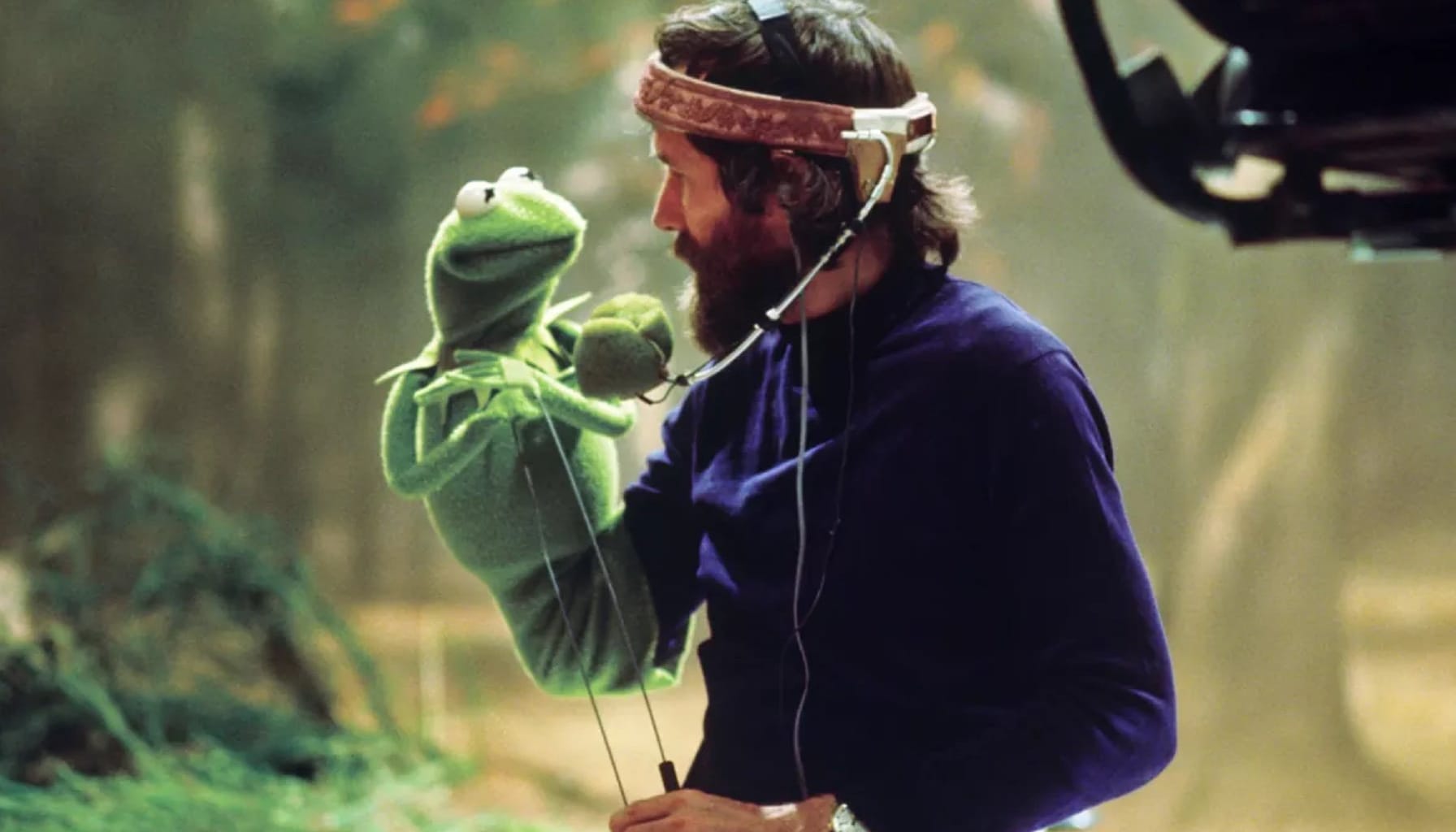Idea Man
We're still feeling that Rainbow Connection

Generally speaking, I've found that it's often a bad sign when a documentary about a public figure is made by whichever megacorporation owns said figure's intellectual property. It's an even worse sign when the megacorporation in question is as notoriously creatively conservative as, say, Disney — and the signs get worse still if the public figure the documentary focuses on is a beloved genius whose work has served as a touchstone for the young and young at heart for 50-plus years. Oh, and also, if the movie is directed by Ron Howard, you can pretty much bank on being served some super flaky puff pastry with extremely sweet filling.
All of which is to say that when I heard Disney+ would be bringing us a Ron Howard-directed documentary about the life and legacy of Jim Henson, I was equal parts intrigued and skeptical. Like every other artist whose work is synonymous with childhood, Henson has long been held up as a sort of folk hero-slash-savior, which is understandable and yet also does a grave disservice to reality. Jim Henson was a brilliant generational talent whose vision helped create characters and works that have brought pure joy to countless people, but he was also a human being with the same foibles as anybody else. The former deserves to be celebrated, but to do so at the expense of the latter just perpetuates an unhelpful myth. Given the evident utter uselessness of Disney's recent Beach Boys documentary, I wasn't expecting much more than myth-perpetuating from Jim Henson: Idea Man.
The trailer made you cry, didn't it?
For the most part, I was really pleasantly surprised. Watching something like this, you really need to be mindful of the context surrounding it, and under the circumstances Idea Man was made, it would have been perilously easy for Howard to stray into hagiography. And that would have been fine for most viewers, for generally good reason; by most accounts, Henson was a good guy, a benevolent boss, a loving father, and — again — a creative visionary.
There are solid arguments stating that Idea Man gives Henson's story an extremely soft touch, but it also makes room — a lot of room, really — for the darker and/or more problematic elements of his life. The main thing that's discussed is that he wasn't necessarily a great husband to his wife Jane, and once his career really took off, he wasn't the most present father either. For the most part, the darkness surrounding that part of the story is elided, save for one particularly sad anecdote shared by their son Brian, but the movie makes it very easy to read between the lines.
This is all fine and appropriate. No one watches a Jim Henson documentary looking for dirt-digging. But what I appreciated even more was the time afforded to Henson's complicated relationship with money, and how his pursuit of ever-greater creative ambitions necessitated a series of personal and professional compromises that may have ultimately warped his ability to access the muse as easily as he once had.
Again, a lot of this isn't necessarily said out loud, but the picture as it's presented is clear enough to see. And taking the context surrounding the movie into consideration, I was really grateful for this element of the film; while it's tempting to believe that someone like Jim Henson lived a life of sunshine and rainbows, with every door open to his obviously brilliant creations every step of the way, the often unsaid reality is that the relationship between art and commerce is never less than fraught, and the corporate obsession with scale is actively destructive to it.
To put it more succinctly while quoting some wisdom from eternal Friend of Jefitoblog Peter Lubin: "Anything beautiful will eventually just become business."
This feels like ending on a down note, which I really don't mean to do. What I'm really trying to do here is celebrate a documentary that bestows richly deserved praise upon a life well lived while also allowing itself a small yet significant degree of honesty regarding the reality of capitalism's role in every aspect of American life, even something as wonderfully whimsical as the Muppets. Watching it made me smile, made me emotional, and taught me a few things in the bargain — much like Henson's best work. Two thumbs up; if you're feeding Disney enough money for a Disney+ subscription, I highly recommend checking it out.
